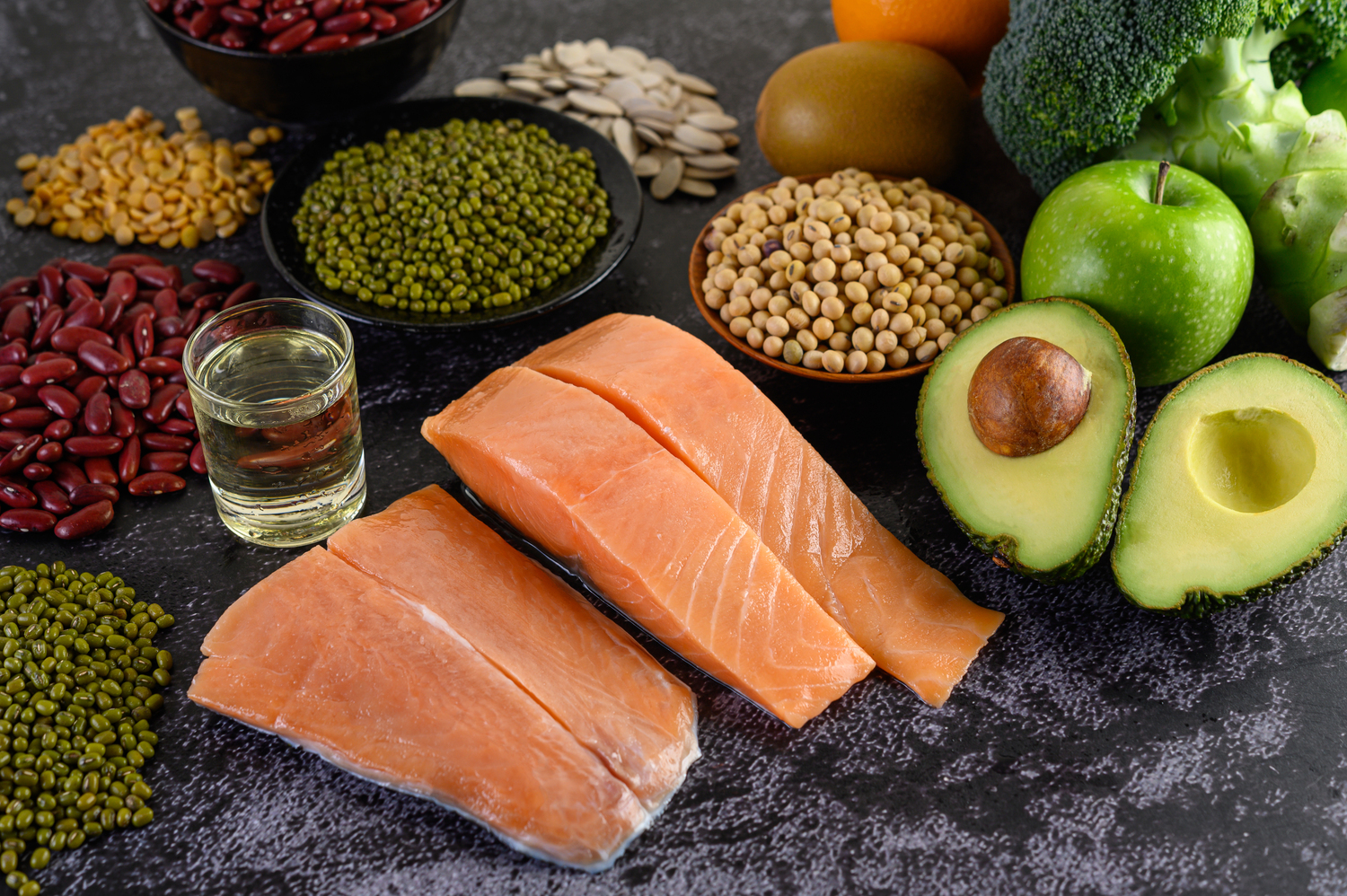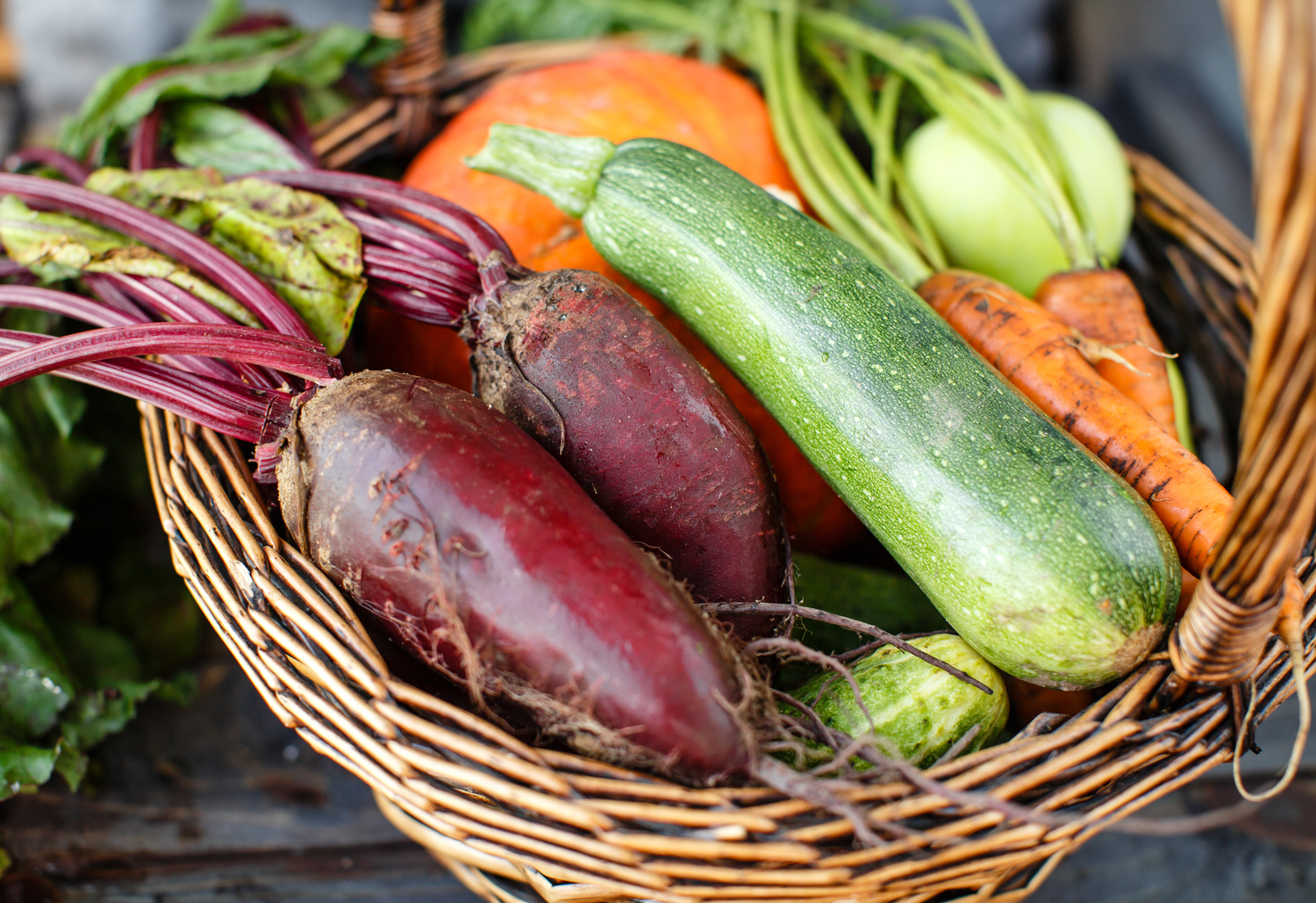What is Oxidative Stress?
Oxidative Stress reflects the damage done to our bodies by the presence of free radicals, highly reactive molecules naturally produced in the body as a byproduct of metabolic processes (i.e., oxidation) or formed through exposure to environmental toxins such as ultraviolet (UV) light and tobacco smoke.
As a defense mechanism against the detrimental effects of these free radicals, our bodies produce natural protective chemicals, such as enzymes. Our diet provides other defense mechanism compounds, such as vitamins and minerals to further protect us against the damage done by free radicals.
The Effect of Vitamin E on Oxidative Stress

Vitamin E is an antioxidant that protects the human body's cell membranes against reactive oxygen species.
Antioxidants are compounds that can protect the body from the detrimental effects of free radicals, which are formed when the body digests food or is exposed to tobacco smoke or radiation. When no or insufficient antioxidant mechanism exists to eliminate free radicals from a living organism, oxidative stress damage to the body is unavoidable. Adding foods high in antioxidants to our diet can substantially assist our bodies in fighting free radicals.
By preventing the formation of free radicals, vitamin E, an antioxidant, serves as the first line of defense against oxidative stress. Vitamin E is the antioxidant vitamin that uses all the mechanisms of removing reactive oxygen and nitrogen species, interrupting the reaction chain, inhibiting it, mending damaged tissues, membranes, and other biological structures as well as boosting endogenous defense mechanisms. Vitamin E, to put it simply, is a superstar in combating oxidative stress.
Food Sources Of Vitamin E
To achieve the daily need for vitamin E, fundamental food categories containing high levels of this vitamin must be present in adequate proportions in the diet. The most valuable vitamin E sources are:
Sunflower Seeds
One of the most popular vitamin E-rich snacks is sunflower seeds. Sunflower seeds pack around 35 milligrams of vitamin E per 100 grams. As well as vitamin E, sunflower seeds include protein, potassium, magnesium, zinc, and fiber.
Almonds
Almonds contain approximately 26 milligrams of vitamin E per 100 grams, which is more than the 15 milligrams required for an adult’s daily vitamin E requirement. These nuts are often consumed roasted and can also be added to morning cereals, pastry items, and milk.
Avocados
Avocado is a multipurpose fruit with several benefits. Although a fruit, it has a very low sugar level and is rich in monounsaturated (healthy) fat as well as s various nutrients and minerals, such as potassium, zinc, and copper. The avocado has around 2 milligrams of vitamin E per 100 grams.
Spinach

In addition to vitamins A, C, fiber, and potassium, 100 grams of spinach contain around 2 milligrams of vitamin E.
Beet Greens
The green leaves of the beetroot, which is one of the most commonly eaten vegetables, can also be consumed. 100 grams of beetroot leaves provide about 2 milligrams of vitamin E.
And as with all nutritional advice, individuals with allergies to these foods should avoid eating them.
Want to learn more?
8 Superfoods Rich in Antioxidants Fight Free Radicals
Teas With The Highest Antioxidants
Want to get real-time data on your oxidative stress levels? Try Vivoo! See if you get a positive or negative oxidative stress reading with a simple at-home urine test! Also, unlock data on 8 other wellness parameters like Vitamin C, Ketones, Magnesium, Calcium, and so much more! Try it now!









